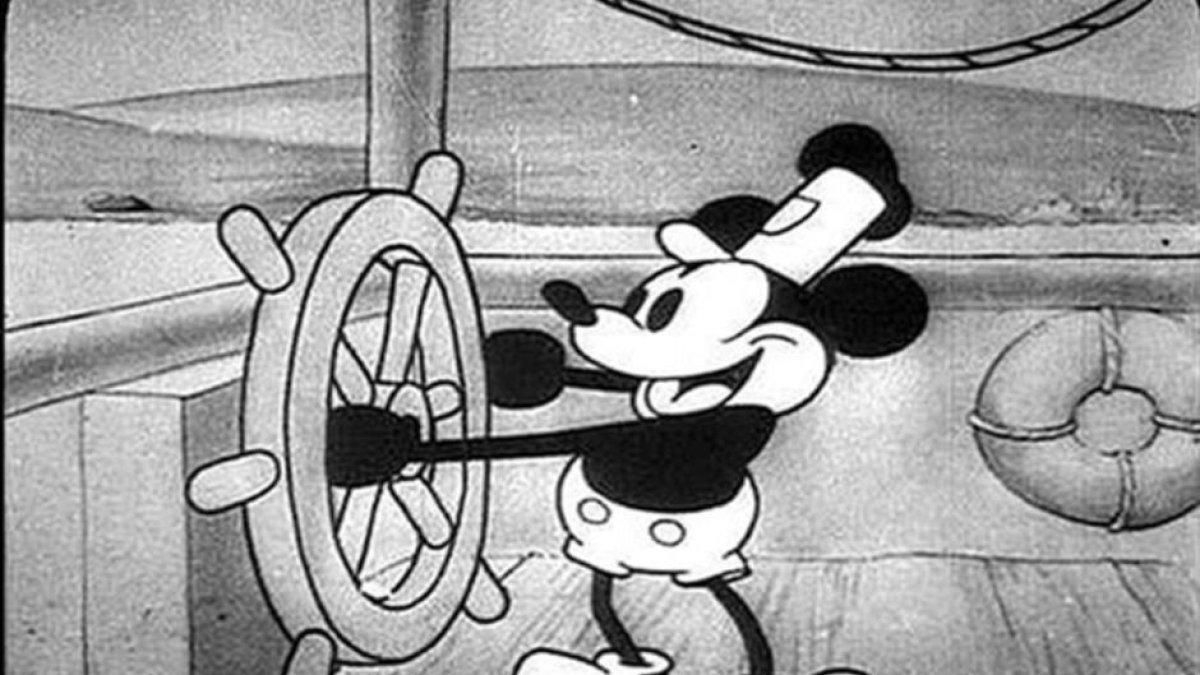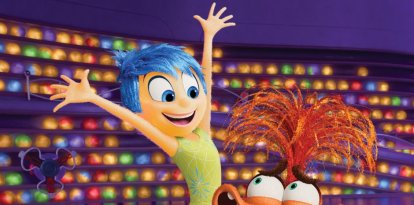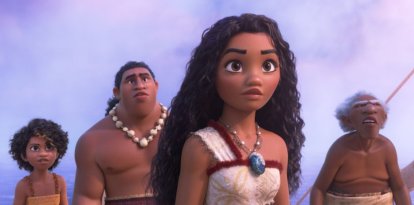Farewell to Mickey Mouse: Disney could lose the rights to the mouse that represents the company
The version of the rodent featured in the 1928 short film, 'Steamboat Willie,' will enter the public domain in 2024.

Craig Duffy / Flickr.
It all started with a mouse. Mickey Mouse is undoubtedly one of the Walt Disney Company's most valuable assets, and in just over a year, in 2024, the big-eared rodent could enter into the public domain.
If Disney ultimately loses the rights to the mouse it would be somewhat surprising. As noted by The New York Times, we must not forget that the entertainment industry giant is known for its fierce protection regarding the rights to its iconic characters: "This is a company that once forced a Florida day care center to remove an unauthorized Minnie Mouse mural."
However, the company not only fights for the rights of the mouse family, a U.S. newspaper also recalled what happened with another of its most beloved animated characters: "In 2006, Disney told a stonemason that carving Winnie the Pooh onto a child’s gravestone would violate its copyright policy."
Disney to lose 'Steamboat Willie' Micky
Always shielded by the 1998 copyright protection, known as the Mickey Mouse Protection Act, Disney never back down from the fight to maintain the rights of its most beloved characters. That is why it is perhaps surprising that in the next year, they may lose, in the United States and other countries, the mouse that started it all. How might Disney act on this? According to Aaron J. Moss, a partner at Greenberg Glusker in Los Angeles specializing in copyright and trademark rights, the company has it all figured out.
It is true that, as the expert explains, it would not be the Micky Mouse as we know him today, but rather the 1928 version that the company presented in the short film Steamboat Willie, nevertheless, it is still the first image Disney presented of its iconic mouse. In this way, the company would not lose all rights to the rodent, as it would only be limited to this first characterization, which has little to do with the round mouse with short pants and white gloves of today.
What does the loss of rights to 'Steamboat Willie' mean?
According to what Jane C. Ginsburg, a professor of Intellectual Property Law at Columbia University affirms, the Mickey Mouse changes over the years were not based on a fear of losing rights, but rather for keeping up with the times: "Disney has regularly modernized the character, not necessarily as a program of copyright management, at least initially, but more to keep up with the times."
In other words, Disney would be affected very little by the loss of this version of Mickey. The New York Times reports that Steamboat Willie' s mouse becoming public domain only means that the short film can be shown without the company's permission and even resold to third parties. It also allows anyone to make use of the film and that version of Mickey to create new products without the company being able to retaliate.
However, the company could be protecting this asset. Since 2007, Disney has made sure that the Mickey Mouse version of Steamboat Willie appears, in subtle ways, in the production company's films such as Frozen and Encanto, associating the character with the brand. In addition, that same year they redesigned the company's logo to also feature the first representation of the famous mouse. Not only that, to this day they continue to market several products with the image of the 1928 mouse, which would make it easier for them to maintain the rights once the time comes.
Republicans against Disney
Several Republicans are unwilling to allow this. For members of the GOP, Disney is accountable. This was assured by Senator Josh Hawley who stated that, among his plans, he intended to include legislation that would strip Disney of its royalties:
Hawley justified his decision in a press release in which he denounced the fact that the entertainment company had too many privileges, which needed to be stopped:
He is not the only one. The Los Angeles Times recalls that, on April 7, 2022, 17 Republican members of the House of Representatives wrote to formerCEO Bob Chapek assuring him that they would not support any legislation that would allow "The House of Mouse" to extend Mickey Mouse copyrights:
It remains to be seen how the situation will pan out this year and if, finally, Disney will keep the rights to the 1928 Mickey or, as happened recently with Winnie the Pooh, will lose them in 2024, with the mouse passing into the public domain.
























